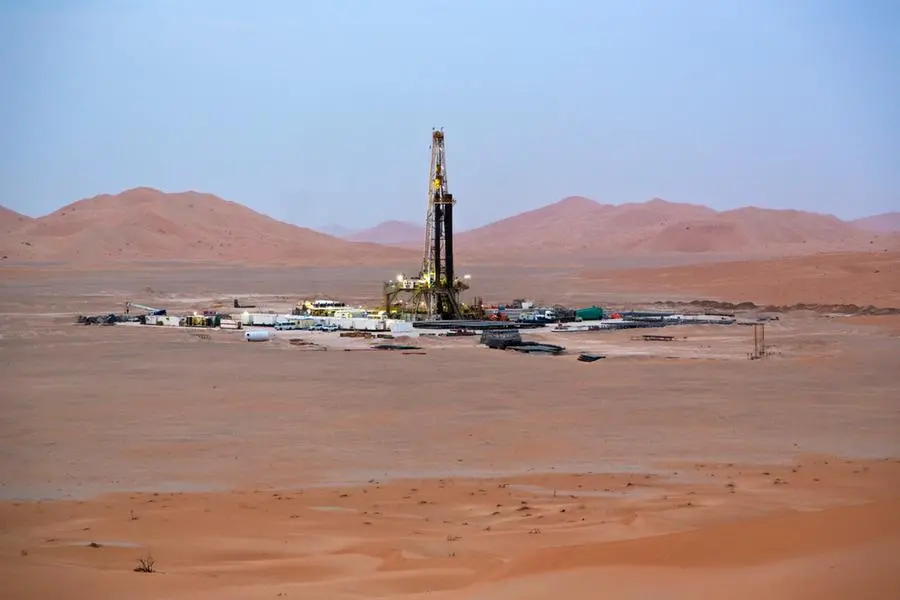PHOTO
Oil industry players involved in Uganda’s extraction project in the Albertine Basin have been rattled after a damning new report on the environmental conservation of the area, just as officials were seeking financing in China.
It came as Uganda’s oil project leaders looked for money, possibly from the Chinese lenders, for the crude oil pipeline meant to run from the Albertine Basin to the coast of Tanzania, to help Uganda export its oil.
Based on 98 interviews conducted in the project area, the report alleges serious and widespread human rights abuses, including sexual violence, as well as environmental damage by Kingfisher oilfield, which unlike the bigger upstream project – the TotalEnergies-operated Tilenga, had hitherto avoided scrutiny.
The report titled ‘They Don’t Want People to Stay Here: How CNOOC’s Kingfisher Oil Project in Uganda Is Causing Human Rights, Environmental, and Climate Harms,’ was released by the Berkeley, California-based group Climate Rights International (CRI).
The report claims forced evictions, inadequate or non-existent compensation for land and other assets, coercion, and intimidation in the land acquisition process, loss of livelihoods, reduced standards of living and impoverishment, labour rights violations, and sexual and gender-based violence by Kingfisher workers and the military that secures the project.
The report, released on September 2, coincided with the Forum on China-Africa Cooperation (Focac) 2024 Summit, which Uganda government officials and executives of the oil companies were attending as they finalise the deals to secure nearly $3 billion in loans from Chinese lenders Eximbank and Sinosure.
A fierce campaign by environmental activists saw Western banks decline to bankroll the $5 billion East African Crude Oil Pipeline (Eacop) that will transport oil across 1,443km from Hoima in western Uganda to the Chongoleani peninsula near Tanga Port in Tanzania, leaving China as the source of financing.
Nj Ayuk, executive chairman of the African Energy Chamber (AEC), denounced the report, saying its publishers are “fixated on disseminating energy poverty in Uganda.”Mr Ayuk, an advocate for a just energy transition, supports the idea that Africa should shift in phases to cleaner energy. He took issue with Western-leaning activists who ignore investments in fossil fuels, including oil and gas projects in the Global North, but focus on crippling energy development in Africa.“The time for Uganda to exploit its immensely valuable resources is now,” he said. “Africa will not give in to international coercion to prevent the continent from energising and bringing wealth to its people. Africa will not succumb to pressure to adhere to the energy transition on anyone else’s terms.”In February 2022, TotalEnergies and China National Offshore Oil Corporation announced investments of $10 billion in Uganda’s oil projects: Two upstream oilfields Tilenga and Kingfisher expected to produce 190,000 and 40,000 barrels of oil per day respectively, upon commissioning in 2025 – and midstream facility Eacop, the export pipeline, whose construction has started.
The CRI report cites an analysis by the Climate Accountability Institute, concluding that the Uganda oil and gas project would produce around 379 million tonnes of carbon dioxide emissions over 25 years.
It adds that peak annual emissions would be more than double the current annual emissions of Uganda and Tanzania combined.
Like all new oil and gas projects, its development is incompatible with the Paris Agreement’s 1.5°C warming target and a liveable planet.
© Copyright 2022 Nation Media Group. All Rights Reserved. Provided by SyndiGate Media Inc. (Syndigate.info).
JULIUS BARIGABA




















